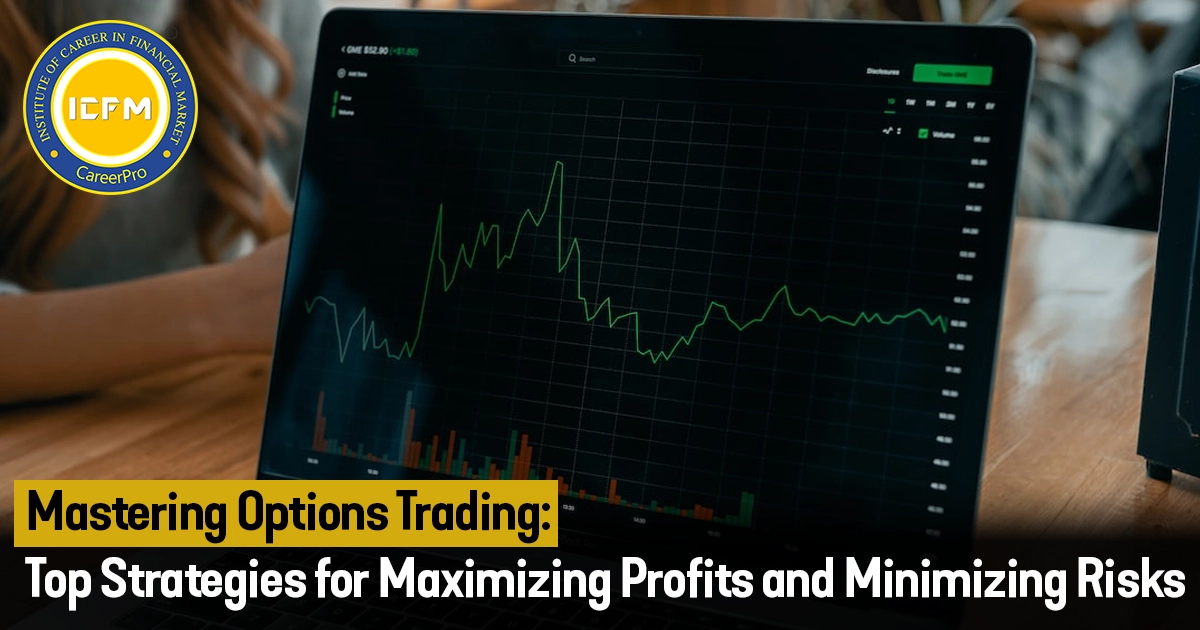You heard that the stock market is very risky, and most people lose their money in the stock market trading. You must have seen the information in many business news channels that almost 90% of traders lose money in derivative trading or options trading.
Derivatives mean future & option, and this future & option or derivative trading is very typical, advanced and sophisticated. Without proper knowledge, experience and guidance it is very difficult to make money from future & option trading. Yes, it is true that maximum derivative (future & option) traders lose their hard earned money.
There are a lot of reasons for losing money in options trading, like lack of knowledge, experience, guidance, capital etc.
You will see there are lots of trading strategies in the stock market, and maximum of these trading strategies are available in option trading. If you have good knowledge of derivatives products (future & option) you can make various types of trading strategies called arbitrage, algo trading or proprietary trading.
You will see this arbitrage community is a full-time and comparatively better earning community in the field of the stock market. So if someone wants to make a full-time career in the stock market, he can choose option trading, especially in option arbitrage.
What is Option Arbitrage?
Option arbitrage: these are strategies that would involve the exploitation of price anomalies, which may exist in a pair of options or an option and its underlying asset, thereby locking in a free profit. It involves purchasing/selling related instruments, whereby a deep understanding of either the option pricing model and market dynamics or proper technique for execution is achieved.
> Common types of option arbitrage :
1. Conversion and Reversal Arbitrage: The options and the underlying stock to build a hedged position.
2. Box Spreads: Combining bull call spread and bear put spread to exploit price differences.
3. Volatility Arbitrage: The difference between implied volatility and actual market volatility is exploited.
4. Calendar Spread: Building position with different expiry with the same strike price.
5. Butterfly: It is a more advanced three-leg strategy used for intraday and swing trading.
> Why Consider Option Arbitrage as a Career?
Option arbitrage provides specific advantages for aspiring traders:
• Low Risk: Unlike speculative trading, arbitrage strategies aim to minimize risk through hedging.
• Predictable Returns: While profits are often modest, they are more predictable compared to directional trading.
• Scalability: Once mastered, strategies can be scaled up with increased capital.
• Market Independence: Arbitrage opportunities can arise regardless of market direction, making it a viable strategy in bull, bear, or sideways markets.
> Skills and Knowledge Required
To become a successful arbitrager, You’ll need:
1. Mathematical Accuracy: Understanding concepts like the Greeks, implied volatility, and probability.
2. Technical Proficiency: Familiarity with trading platforms, execution algorithms, and real-time data feeds.
3. Market Insight: Awareness of how news, events, and sentiment affect pricing anomalies.
4. Attention to Detail: Finding and capitalizing on small inefficiencies calls for accuracy.
5 Discipline: Consistent execution coupled with risk management.
> Arbitrage Challenges to Overcome :
While the magnetism of arbitrage can be strong, it certainly has its challenges:
• High Competition: Arbitrage opportunities, are usually short-lived, due to the sophistication of algorithms and institutionalized traders.
• Capital Intensiveness: Most approaches necessitate a large sum of capital to generate a sufficient profit after costs.
• Regulatory Hurdles: Rules and taxes differ, presenting a challenge for those arbitraging.
• Technology Dependence: Staying competitive requires investing in cutting-edge tools and software.
> Building a Full-Time Career in Option Arbitrage
If you’re serious about turning option arbitrage into a full-time career, here’s a roadmap:
1. Education and Training: Start with courses on options trading, risk management, and derivatives.
2. Simulated Trading: Practice arbitrage strategies in a simulated environment to understand nuances without risking real money.
3. Capital Accumulation: Begin with sufficient funds to absorb transaction costs and margin requirements.
4. Networking: Engage with trading communities, attend webinars, and network with other professionals in the industry to stay abreast of best practices and opportunities.
5. Technology Investment: Equip yourself with high-speed internet, a reliable trading platform, and data analysis tools.
6. Continuous Learning: Stay updated on market trends, technological advancements, and regulatory changes.
Conclusion :
Option arbitrage can be a very well-paying full-time career for those who are diligent disciplined, and willing to invest in their education and tools. It is surely not a get-rich scheme, but the consistent and reduced risk profits make it very sustainable for market-savvy individuals to choose this as a career, and with the right mindset and preparation, one can make a bright, rewarding career in the stock market.








